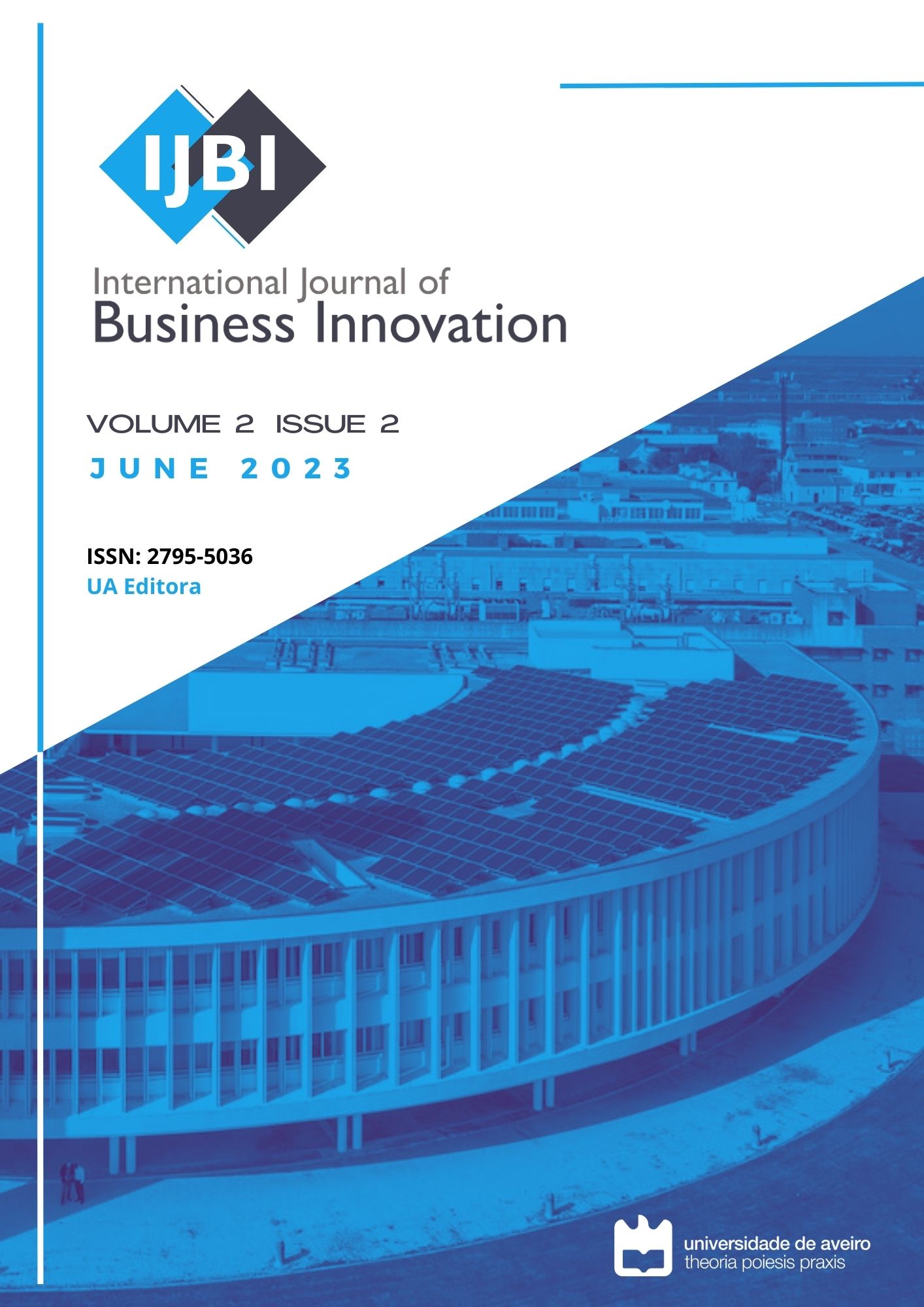Key Ideas and Concepts of Institutional Economic Theory
Basis of Non-financial Accounting and Reporting
DOI:
https://doi.org/10.34624/ijbi.v2i2.32447Keywords:
economic theory, modernisation accounting theory, non-financial accounting and reporting, accountabilityAbstract
A large number of scientific publications argue that environmental, social, sustainability, integrated, CSR reporting and ESG, or all we call "non-financial reporting", have a theoretical basis in institutional economic theory. However, there is no clear identification of the specific achievements of the institutional theory, which served as the basis for the transformation of accountability from "technological financial" to non-financial. Our knowledge of how accounting and reporting forms arise is relatively weak compared to our knowledge of accounting procedures and techniques. We usually think that accounting and accounting have nothing to do with economic theory, societies, and the complex process of transferring ideas over time from one science to another. This paper aims to present the main key ideas, the “red markers” in institutional theory that form the theoretical basis of the applied tools of non-financial accounting. The scientific task of this study is to discover, select, highlight and systematize in problem-chronological terms the main and most important theoretical components of the conceptual and methodological change in institutional economic theory that have contributed to the creation of the tools called general "non-financial accounting and reporting". The relevance of such a study is determined by the need to identify, systematize and analyse the theoretical roots of non-financial accountability, which is an important methodological issue for the present and future development of non-financial accounting and reporting. Overall, the study tries to throw the bridge between economic theory and the new directions of non-financial reporting.
References
Downloads
Published
Issue
Section
License
When submitting an article to the IJBI, authors certify the following clauses:
-
Originality and single submission– The contents presented in the article have not been published previously in whole or in part, and were not submitted or are not under active consideration elsewhere prior IJBI decision. The article must be authentic and does not contain plagiarism.
-
Authorship– All authors reviewed the article, agreed with its content, and agreed to its submission to the IJBI.
-
Conflicts of interest– Any conflict of interests must be declared. If authors have no declaration, it should be written (in the acknowledgments section): “The authors declare no conflict of interests”.
-
Ethics committee and informed consent(if applicable) – The research must be approved by an independent ethics committee and subjects gave their informed consent before they were enrolled in the study.
- Authors retain copyright and grant the journal the right of first publication with the work simultaneously licensed under a Creative Commons CC BY 4.0.



